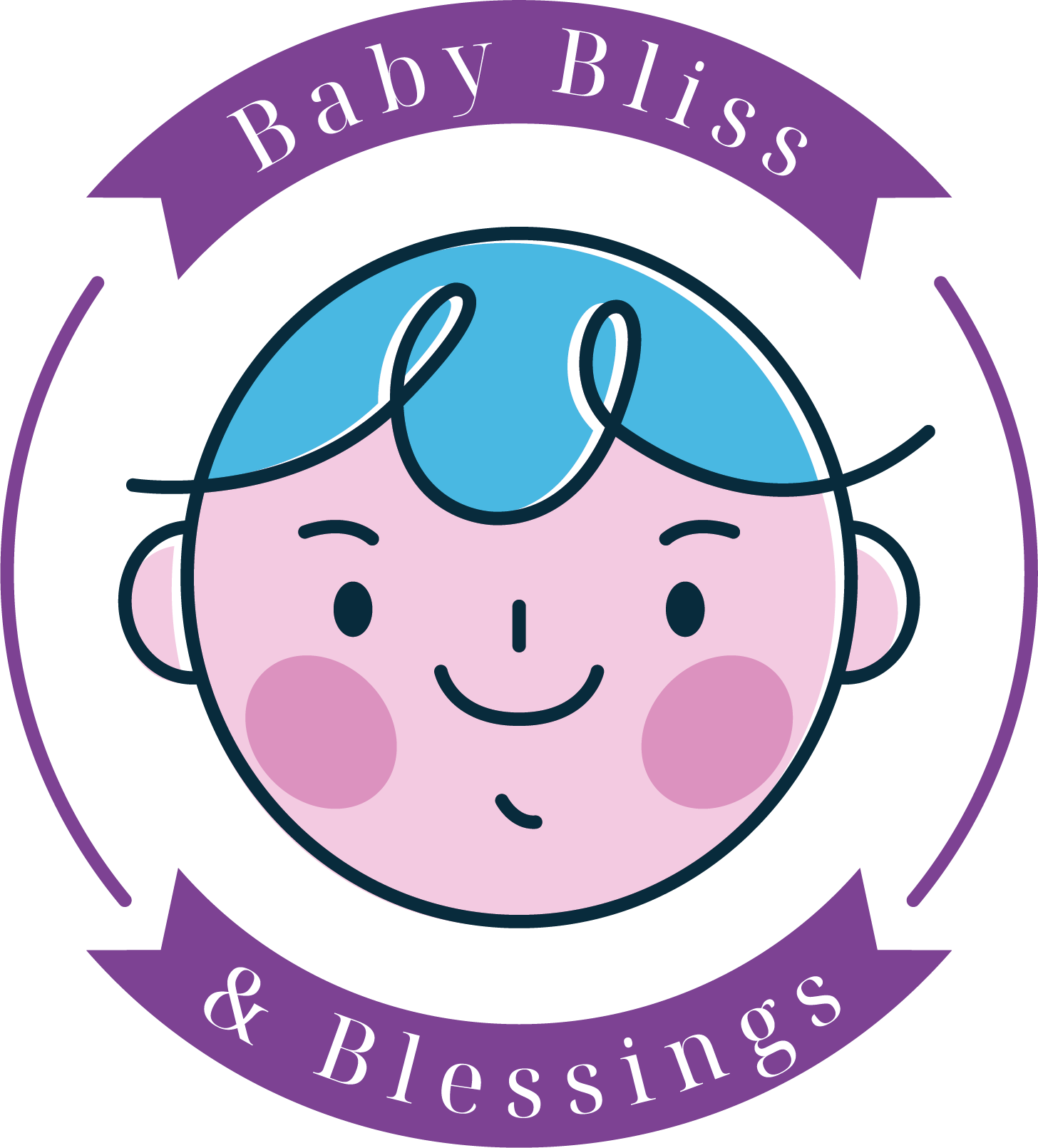How Nutrition Shapes Toddler Development
A toddler’s growth and development are heavily affected by their nutrition, which has an impact on their physical, mental, and emotional health. To maintain healthy growth during these critical years, parents and caregivers must understand how nutrition impacts toddler development.

Nutritional Foundation for Growth
Toddlers that have a good diet will develop normally. A person’s ability to grow, develop their organs, and maintain strong muscles and bones depends on essential nutrients like protein, carbs, fats, vitamins, and minerals. Toddlers who eat a balanced diet get the energy and nourishment they require to grow and thrive.

Cognitive Development and Brain Function
Childhood brain function and cognitive development is strongly impacted by nutrition. Enhancing cognitive function and brain growth require certain nutrients, like omega-3 fatty acids, which are included in foods like nuts and fish. Moreover, minerals and vitamins including iron, zinc, and vitamin B12 help toddlers’ learning, memory, and focus.

Immune System Support
Toddlers’ immune systems are boosted by a healthy diet, which helps them avoid infections and diseases. Zinc, vitamin D, and C are among the nutrients that strengthen the immune system and lower the risk of common childhood diseases like the flu and colds. A toddler’s diet that includes a range of fruits, vegetables, and whole grains will give them the vitamins and minerals they need to build a strong immune system which nutrition impact toddler development.

Physical Growth and Development
For toddlers to achieve healthy physical growth and development, a proper diet is crucial. For healthy bones and the prevention of diseases like rickets, nutrients like calcium and vitamin D are essential. Sufficient meals containing protein promote the growth and development of muscles, while carbs offer the energy required for physical activities and active play.

Emotional Well-being
Toddlers’ emotional stability and well-being are also influenced by their diet. Blood sugar levels can be regulated by eating a balanced diet high in whole foods, which helps decrease mood swings and tantrums. Furthermore, a lower incidence of behavioral disorders and a better mood have been associated with omega-3 fatty acids, which are present in foods like salmon and chia seeds.

Promoting Healthy Eating Habits
A lifetime of good health begins with the development of proper eating habits early in childhood. It helps toddlers’ palates mature and inspires them to make better dietary choices as they get older when a wide range of nutritious foods are given to them. Positive relationships with food develop when young children participate in meal preparation and find mealtimes to be enjoyable.

Toddler development is greatly influenced by nutrition in all areas, including physical development, mental ability, and emotional health. During these crucial early years, parents and caregivers may encourage optimal growth and development in toddlers by feeding them a well-balanced diet rich in key nutrients. Nutrition impact toddler development now sets the stage for a lifetime of good health and well-being.








[…] How does Nutrition Impact Toddler Development? […]